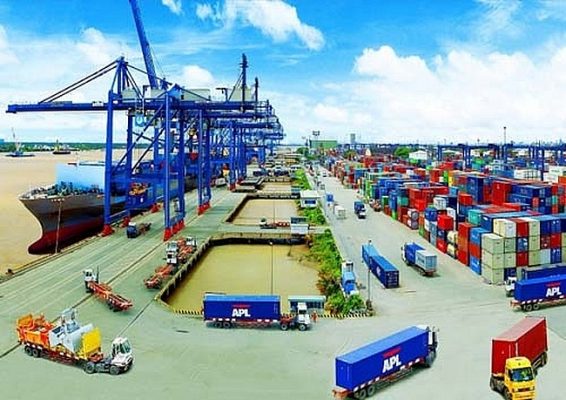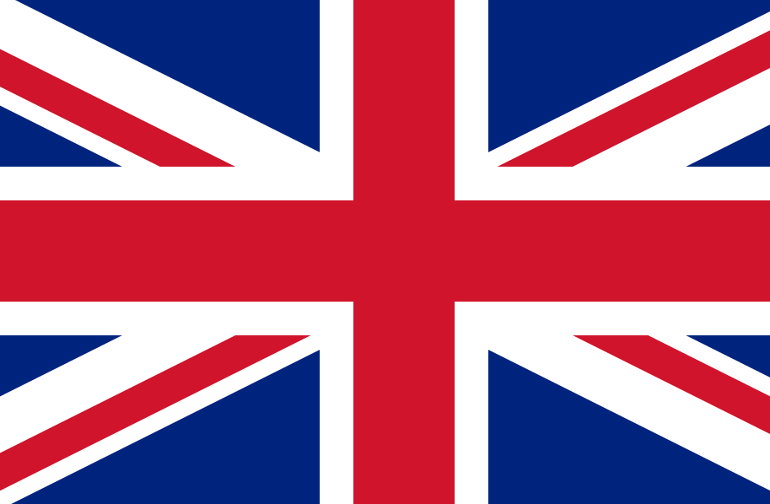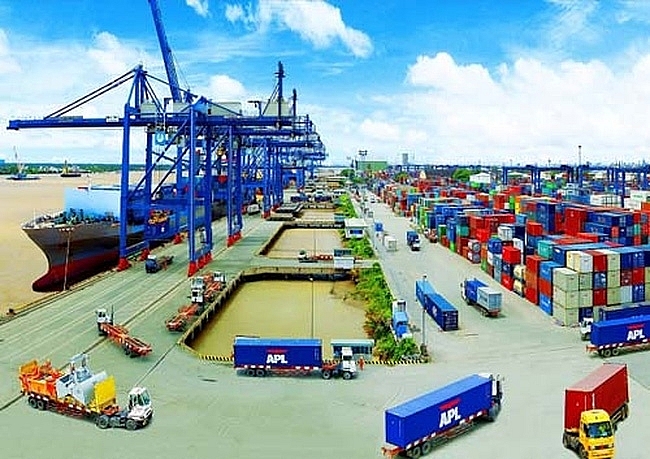In the first month of the year, Vietnam’s export turnover (export) of goods has sharply decreased, especially to China due to the corona virus infection. This situation is expected to continue to be difficult in the coming months.
According to the latest data: Vietnam’s total import-export (import-export) turnover in the first month of 2020 was estimated at US $ 38.1 billion, down 12.9% over the same period last year; in which exports are estimated at 19 billion USD, down 14.3% over the same period in 2019.
And it is worth mentioning that the export value of all product groups is going down. Specifically, the export value of agriculture, forestry and fisheries is estimated at US $ 1.85 billion, down to 18.8% over the same period in 2019, accounting for 9.7% of total export turnover. In this group, except for cassava and cassava products, other items have decreased turnover compared to the same period last year. Similarly, the export turnover of fuel and minerals is estimated at nearly US $ 0.294 billion, down to 36.3% compared to the same period in 2019. For processed goods, the situation is not better when turnover Exports in January were estimated at US $ 15.88 billion, down 13.8% over the same period last year, accounting for 83.6% of total export turnover.

According to the Ministry of Industry and Trade, the import-export turnover in January decreased compared to December 2019 and decreased compared to the same period last year due to the holiday of Calendar and Lunar New Year in this month. The actual number of working days in January is only 17 days, lower than the 22 working days of December 2019 and January 2019. The trade balance in January returned to trade deficit. However, the trade deficit is not large. This movement is in line with the trend that businesses that have completed export orders before and after Tet need some time for businesses to return to achieve high productivity, stabilizing labor force.
Notably in the export of goods, typically the export of agriculture and fishery decreased due to the impact from the acute respiratory infection caused by corona virus which interrupted the Vietnam-China trade.
Representative of Vietnam Fruit and Vegetable Association said: This disease immediately affected the prices of many agricultural products, particularly fruits. For example, durian, before Tet, the price reached 70,000 VND / kg, now only 40,000 VND / kg; dragon fruit is only 3,000-4,000 VND / kg, particularly in some places, watermelon price is only 1,000 VND / kg. It can be said that the group of enterprises exporting fruits to China has been paralyzed due to the impact of Wuhan flu. The traders who bought in granary to export to China for full moon in January had also put down deposits because the price was too low.
Regarding the situation of import and export in the coming time, the Ministry of Industry and Trade assessed that: drastic measures to combat the acute respiratory infection caused by China’s corona virus such as isolating an entire city, restricting travel, limiting import and export. scene, restricting crowding, stopping exporting important materials for anti-epidemic needs have seriously affected many economic sectors such as transportation (the heaviest is air transport, followed by road and rail transport across the border), tourism, retail, stock market, courier, logistics … Notably, import and export activities inevitably have negative effects in the short term. medium and medium term (possibly 6-8 months) because of reduced demand.
Specifically, China’s Starbucks chain closed thousands of stores, affecting coffee consumption; McDonald’s chain closed hundreds of stores, influencing fillet consumption; restaurants, culinary chains are empty, leading to reduced demand for seafood …
In addition, the border market opens more slowly than usual, closing until February 8, causing disruption of residents’ exchange while this is still an important form of exchange for some agricultural products of Vietnam. , especially fruit.
In addition, Chinese buyers did not come to Vietnam as usual, so there were no new orders even though some kinds of fruit were in the season. The official opening negotiations of agricultural markets (such as durian, passion fruit), under the management of the Ministry of Agriculture and Rural Development (MARD), are likely to be delayed due to Chinese authorities’ failure to visit Vietnam. Male. The impact of epidemic and anti-epidemic measures on import and export activities is relatively wide but border trade will be most affected.
In order to minimize the export losses of goods during the corona epidemic, it was suggested that the dependence on the Chinese market must be escaped by expanding to many other markets but improving the quality of goods, especially agricultural products. Secondly, businesses should not expect much support from the State. Because the support can be only temporary such as freezing, reducing taxes, opening distribution channels, etc., we must find solutions for long-term and sustainable development. In order to do this, in the long term, it is necessary to make more fundamental such as diversifying markets, building value chains from production to final consumption, fragmented production to large scale …
In response to the corona epidemic, boosting the export of goods more than the first month, the Ministry of Industry and Trade proposed that enterprises strictly implement export activities to China market according to international practices, improve quality. , implement well the regulations on traceability, declaration of planting areas, packing facilities as well as related requirements to meet the regulations and standards agreed with the importing countries, avoiding any risks. and minimize losses during production and business.
In addition, Vietnamese businesses, especially agribusinesses, need to anticipate the situation when Chinese enterprises cannot receive goods for a solution to change the mode of delivery, export redirection or consumption in water or put into processing, cold storage accordingly “, Deputy Minister Tran Quoc Khanh noted.




